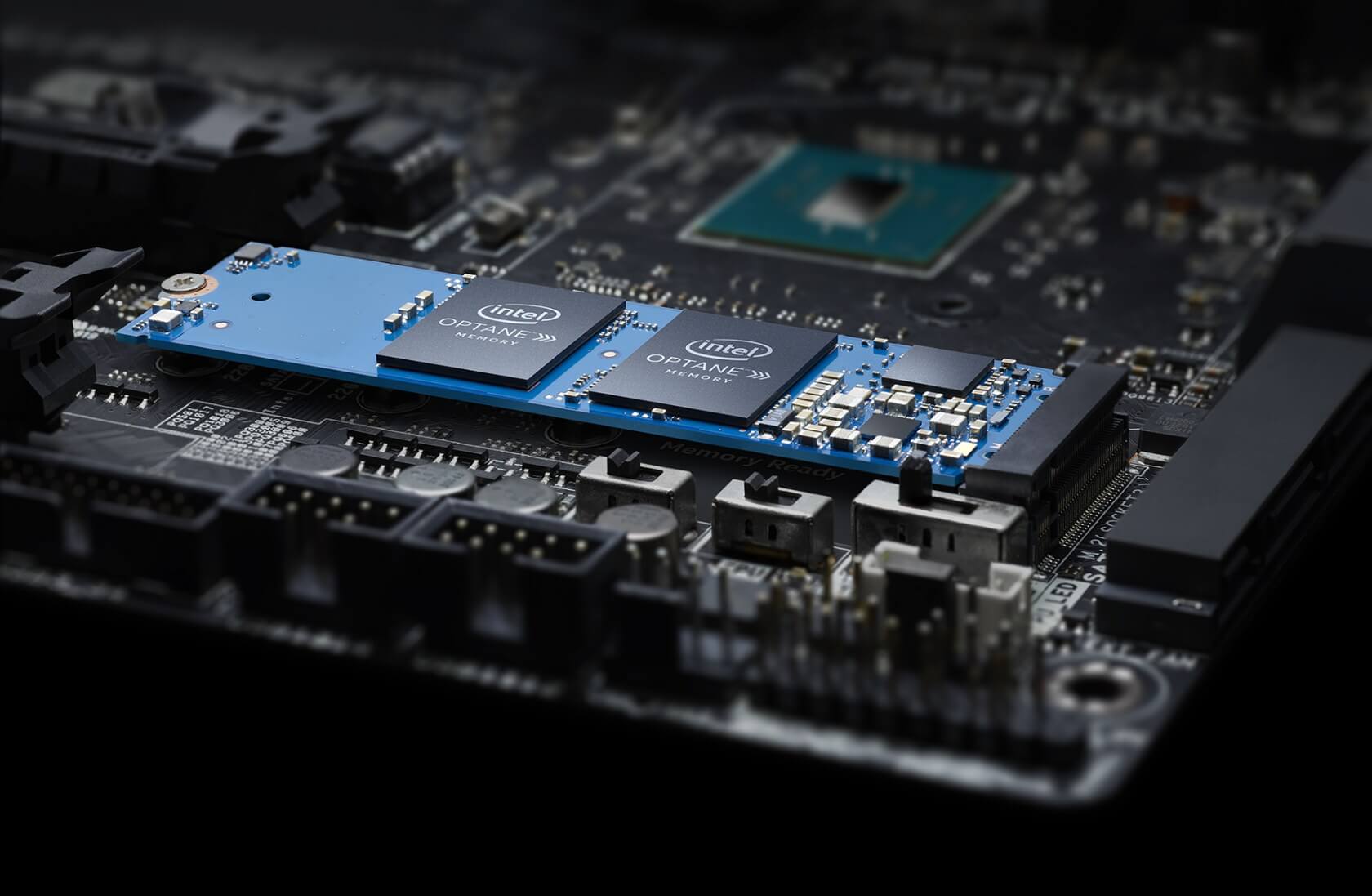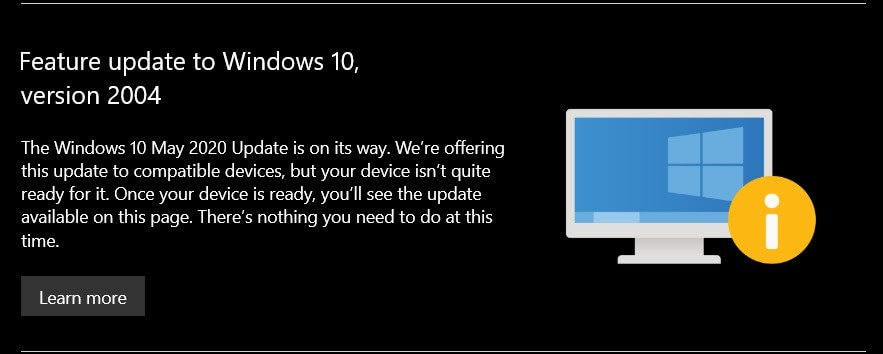In a nutshell: Windows 10 updates that cause PC issues are nothing new, and it seems that with the Windows 10 May 2020 update, users of Intel's Optane memory modules are finding they’re repeatedly running into compatibility errors, but there’s some good news.

With the Windows 10 May 2020 update, Microsoft added a new system that informs users when their PCs can’t install the upgrade due to conflicts with certain hardware/software. As reported by Windows Latest, anyone sporting Optane memory in their PCs will be blocked from installing the update until Microsoft has addressed the issue, but some impatient owners might be tempted to force the update using the Media Creation Tool.
Those with Optane systems who do bypass the warning and install the May 2020 update can expect to experience performance problems while running into multiple error messages. These state that the ‘Intel Optane Memory Pinning’ couldn’t load the specified module—a result of Windows 10 removing Optane Memory Pinning during the update process.

If you have forced the May 2020 update and are running into these problems, the obvious solution would be to roll it back and wait until Microsoft fixes things. But if you’re determined not to go down that route, Windows Latest recommends uninstalling ‘Intel Optane Pinning Explorer Extensions,’ which can be done by going to the Control Panel, clicking on ‘Uninstall a Program,’ highlighting ‘Intel Optane Pinning Explorer Extensions,’ and selecting uninstall from the top bar.
Strangely, testers discovered the issue was present months before the May 2020 update was released to consumers, but it seems Microsoft missed the reports in the Feedback Hub.
https://www.techspot.com/news/85497-intel-optane-memory-doesnt-like-windows-10-may.html